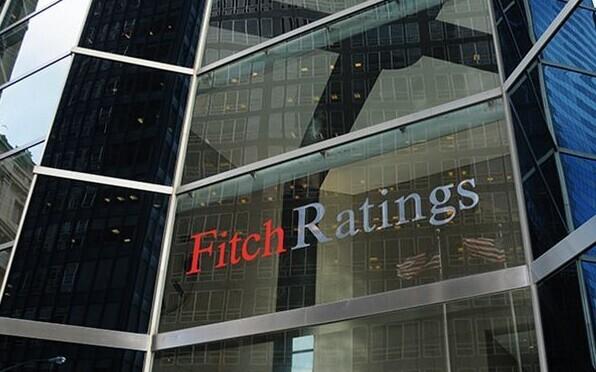Fitch Ratings has affirmed Kazakhstan's Long-Term Foreign-Currency Issuer Default Rating (IDR) at 'BBB' with a Stable Outlook. The decision reflects Kazakhstan's robust external buffers, sustained by oil revenue savings, but also acknowledges challenges such as high commodity dependence, export concentration, inflation, and governance indicators.

Strong External Buffers
Kazakhstan boasts a strong sovereign net foreign asset (SNFA) position, the third-highest among countries with a 'BBB' rating. As of October 2024, foreign-currency assets in the National Fund for the Republic of Kazakhstan (NFRK) amounted to $60.7bn, supported by 8.4% investment returns despite large budget transfers. Official foreign exchange reserves also rose to $45.9bn, collectively equivalent to 38% of GDP. These reserves provide significant flexibility and stability, bolstered by higher gold prices and a narrowing current account deficit (CAD), which is expected to fall to 0.5% of GDP in 2024.
Economic Growth and Diversification Challenges
Kazakhstan's GDP growth is projected to accelerate from 3.9% in 2024 to 4.6% in 2025 and 4.9% in 2026, driven by increased oil production and investment growth. However, the economy remains heavily reliant on crude oil exports, which account for over 50% of total exports. Despite efforts to diversify, such as developing renewable energy and the middle-corridor transportation sector, the share of non-oil GDP remains insufficient to significantly reduce reliance on hydrocarbons.
Fiscal Developments
The general government deficit is expected to widen to 2.9% of GDP in 2024, from 1.4% in 2023, driven by revenue underperformance and higher capital expenditures. Ongoing large transfers from the NFRK, projected at 4.2% of GDP in 2024, will partly finance the deficit. However, Fitch notes that the fiscal rule limiting guaranteed transfers from the NFRK is undermined by discretionary targeted transfers. Public debt is forecasted to remain relatively low at 24.2% of GDP in 2024 and 28% in 2026, significantly below the 'BBB' median of 55.8%.
Inflation and Monetary Policy
Inflation has remained elevated at 8.5% since mid-2024, driven by utility tariff hikes, fiscal stimulus, and currency depreciation. It is expected to moderate to 6.8% by 2026, still above the National Bank of Kazakhstan's (NBK) 5% target. While NBK has phased out most direct subsidized lending and reduced deposit dollarization, monetary policy effectiveness remains limited due to regulated prices and ongoing state-subsidized lending.
Geopolitical and Structural Risks
Kazakhstan's reliance on the Caspian Pipeline Consortium (CPC) for oil exports, nearly 80% of which transit through Russia, poses geopolitical risks. However, relations with Russia have strengthened following disruptions in 2022. Fitch views Kazakhstan's risk of secondary Western sanctions as low, given compliance measures and reduced re-exports to Russia.
Rating Sensitivities
Factors That Could Lead to Downgrade
- Erosion of public or external finances due to prolonged fiscal deficits or a sharp decline in oil prices.
- Deterioration of economic policy credibility or structural economic risks stemming from geopolitical tensions or domestic instability.
Factors That Could Lead to Upgrade
- Strengthened economic policy frameworks, improving institutional capacity, policy predictability, and business climate.
- Enhanced sovereign balance sheets through sustained high oil revenues or prudent fiscal policies.
Fitch’s proprietary Sovereign Rating Model (SRM) assigns Kazakhstan a baseline score of 'BBB,' further refined by qualitative adjustments. While Kazakhstan's vast external assets provide stability, challenges such as inflation, fiscal policy rigidity, and commodity reliance underscore the need for structural reforms to achieve sustainable diversification and policy predictability.
Comments (0)